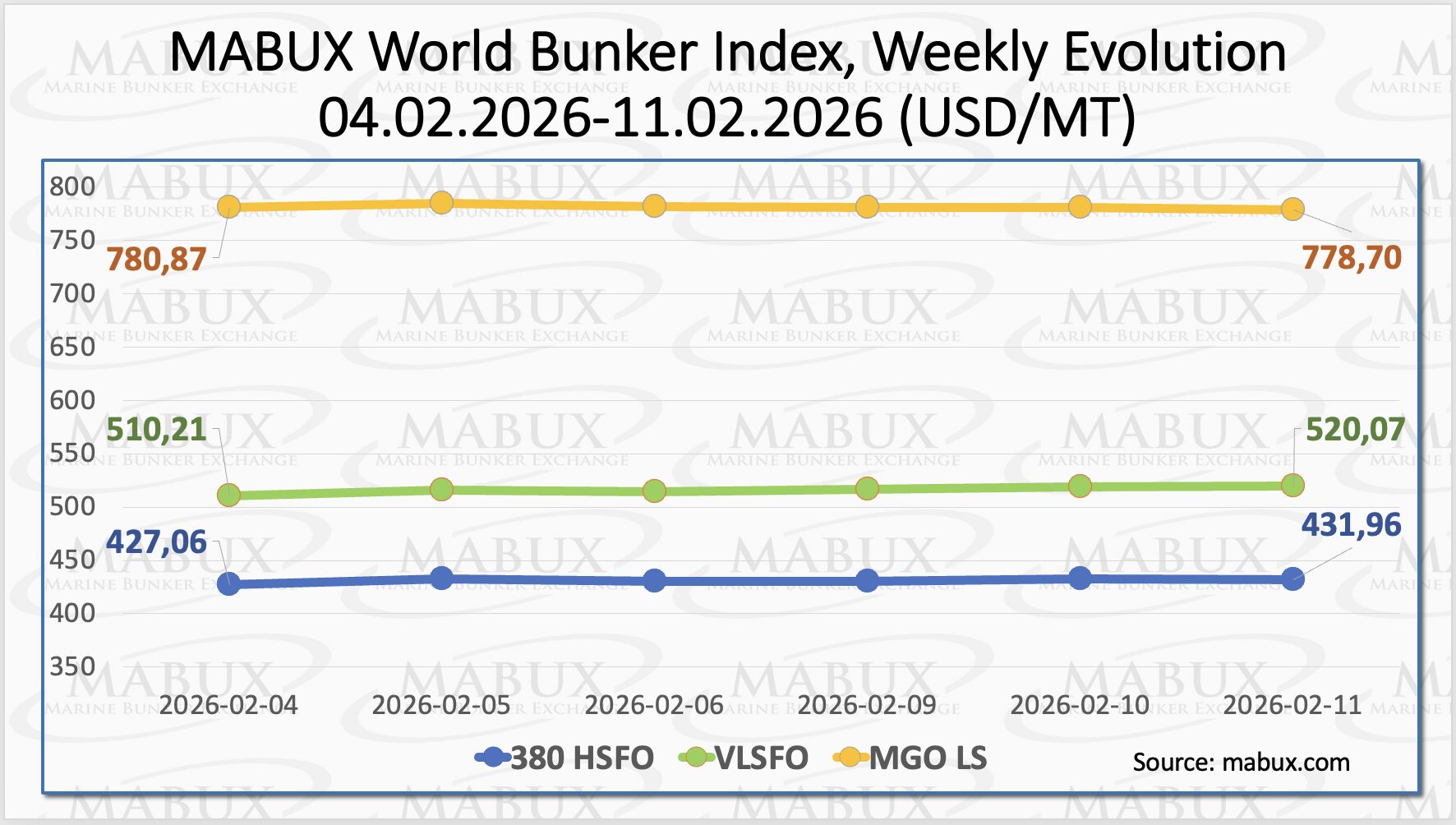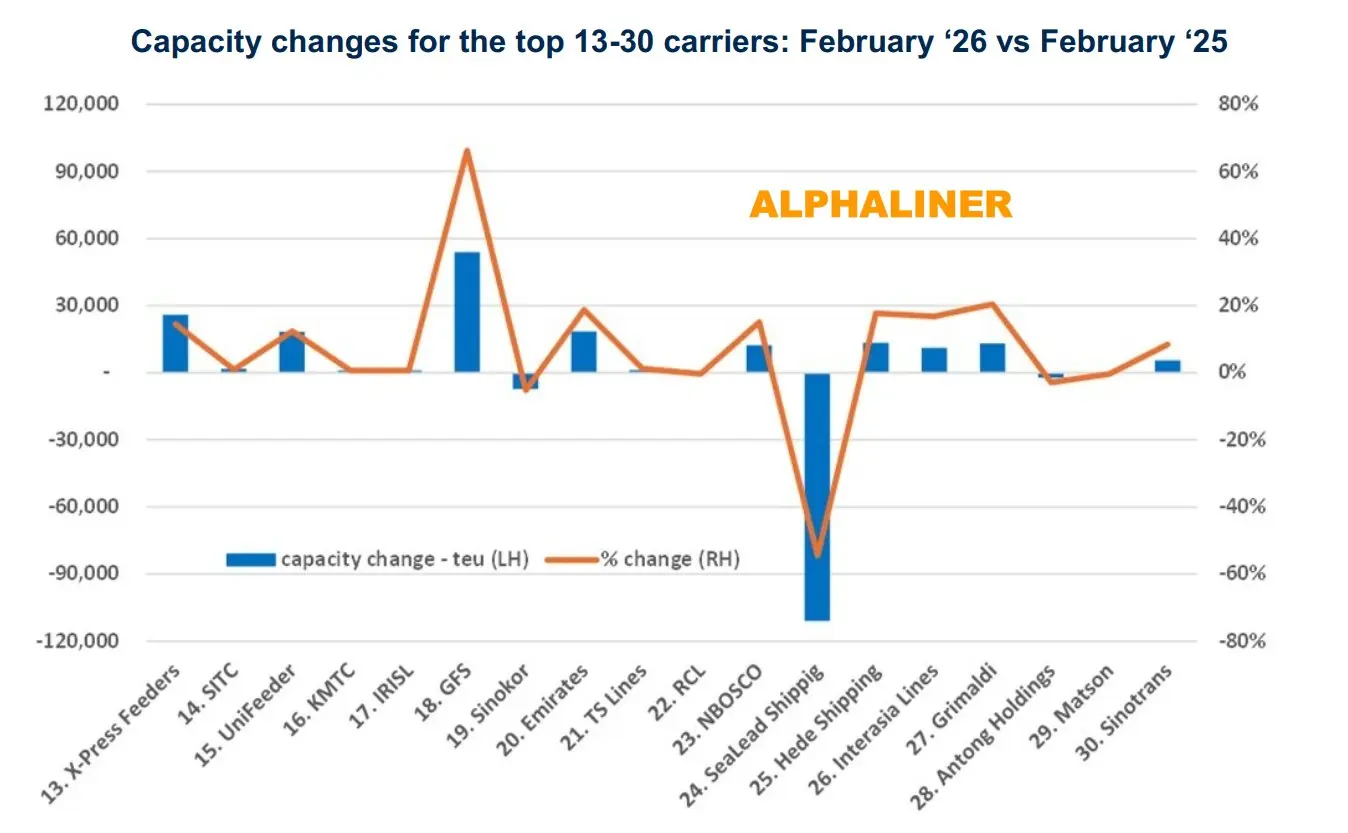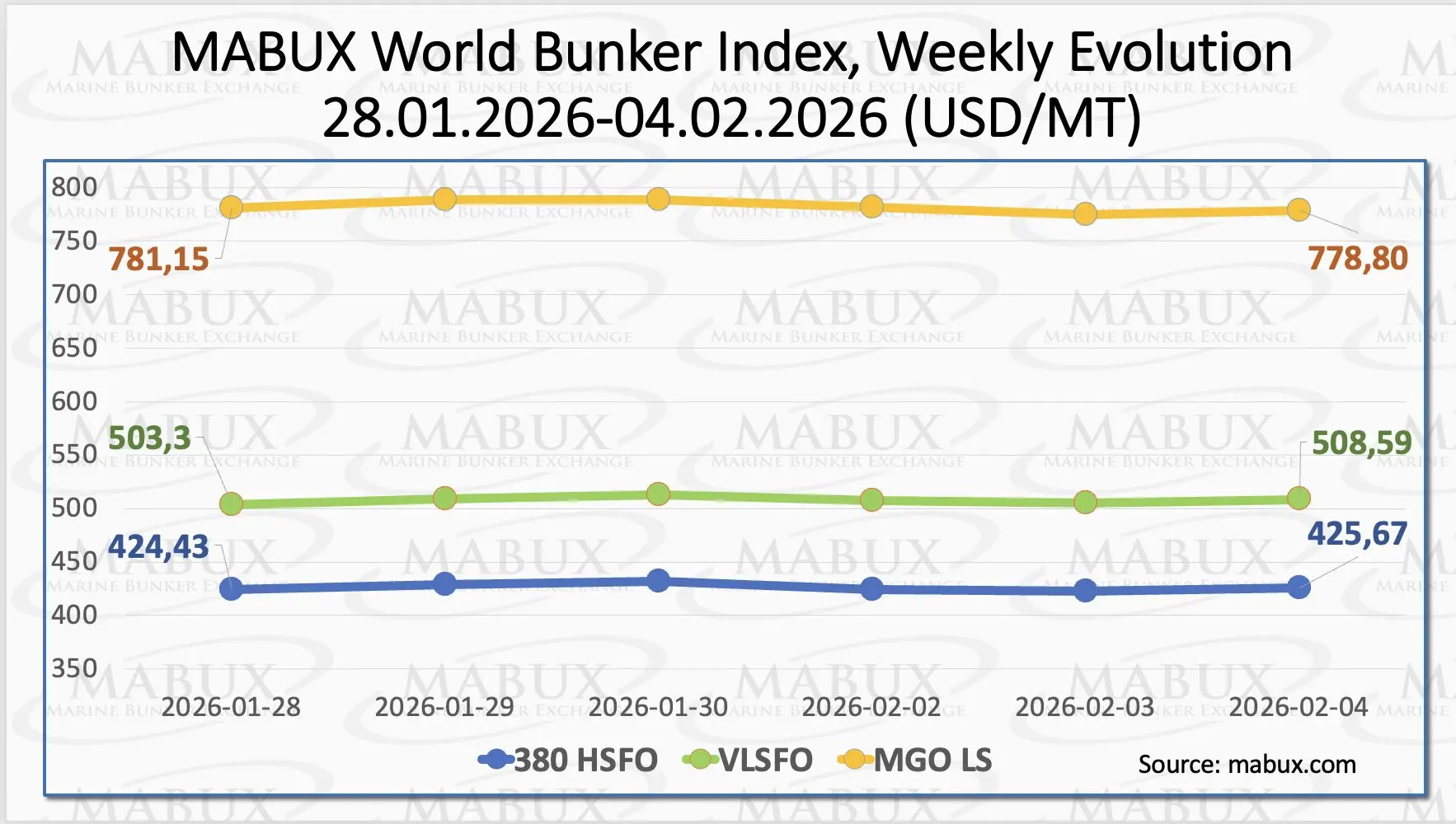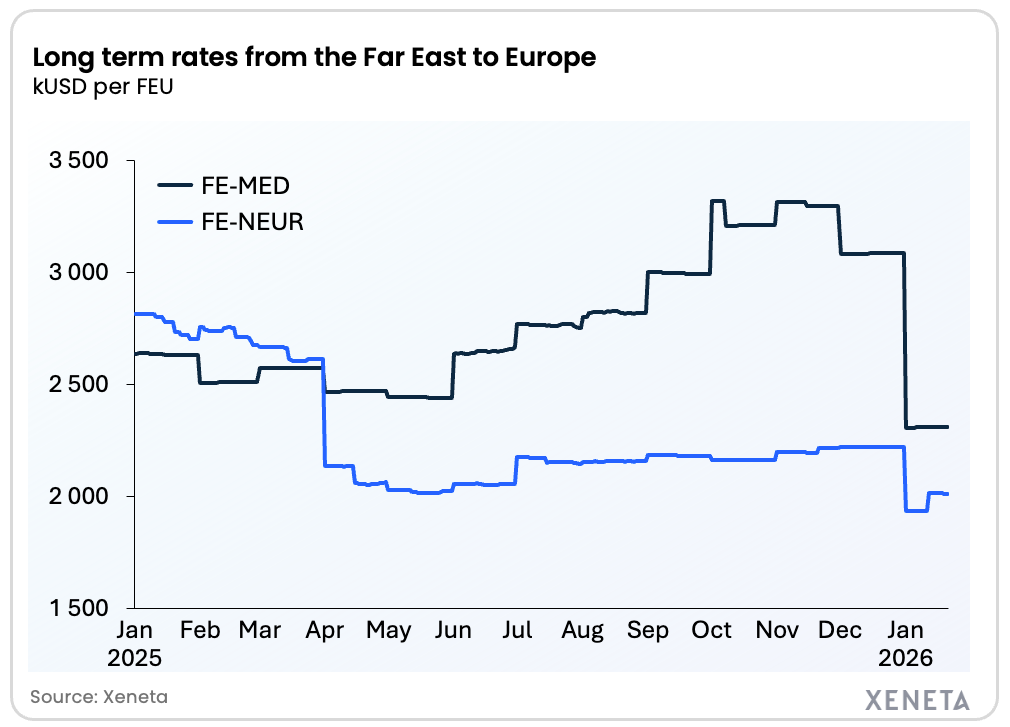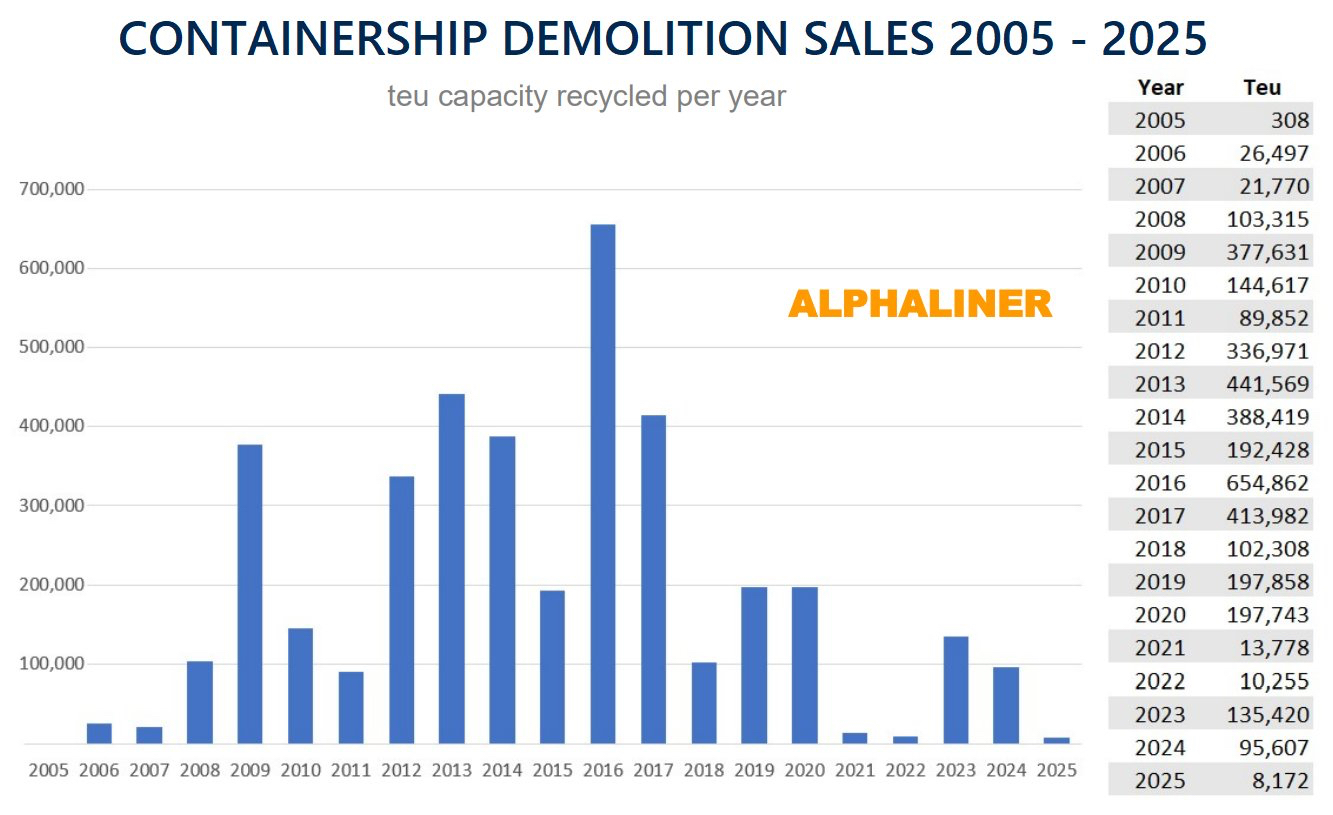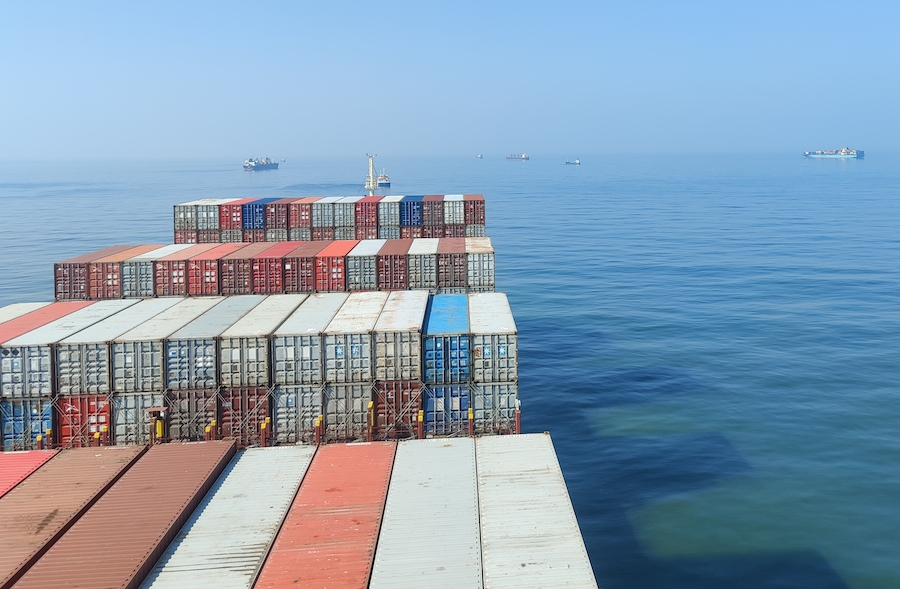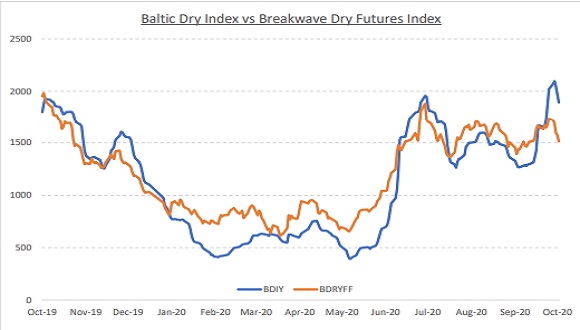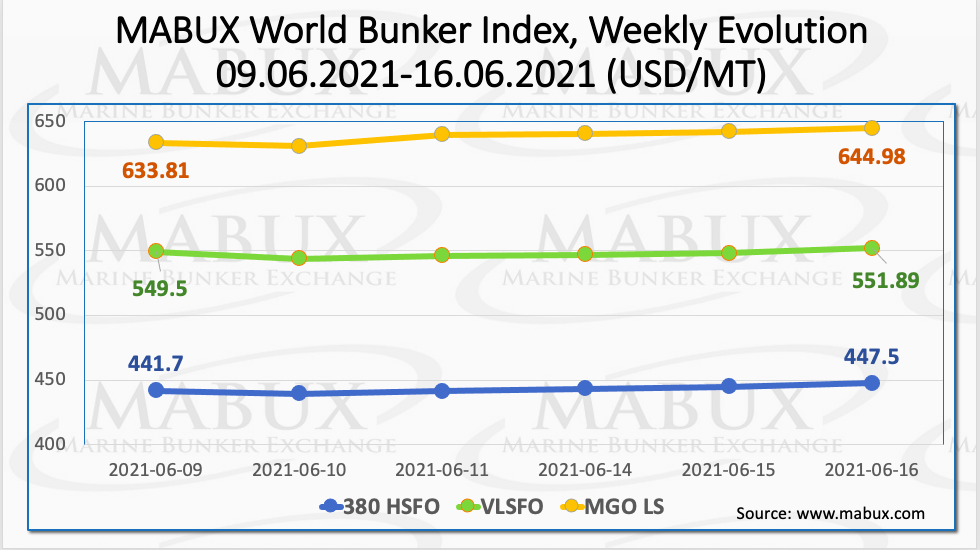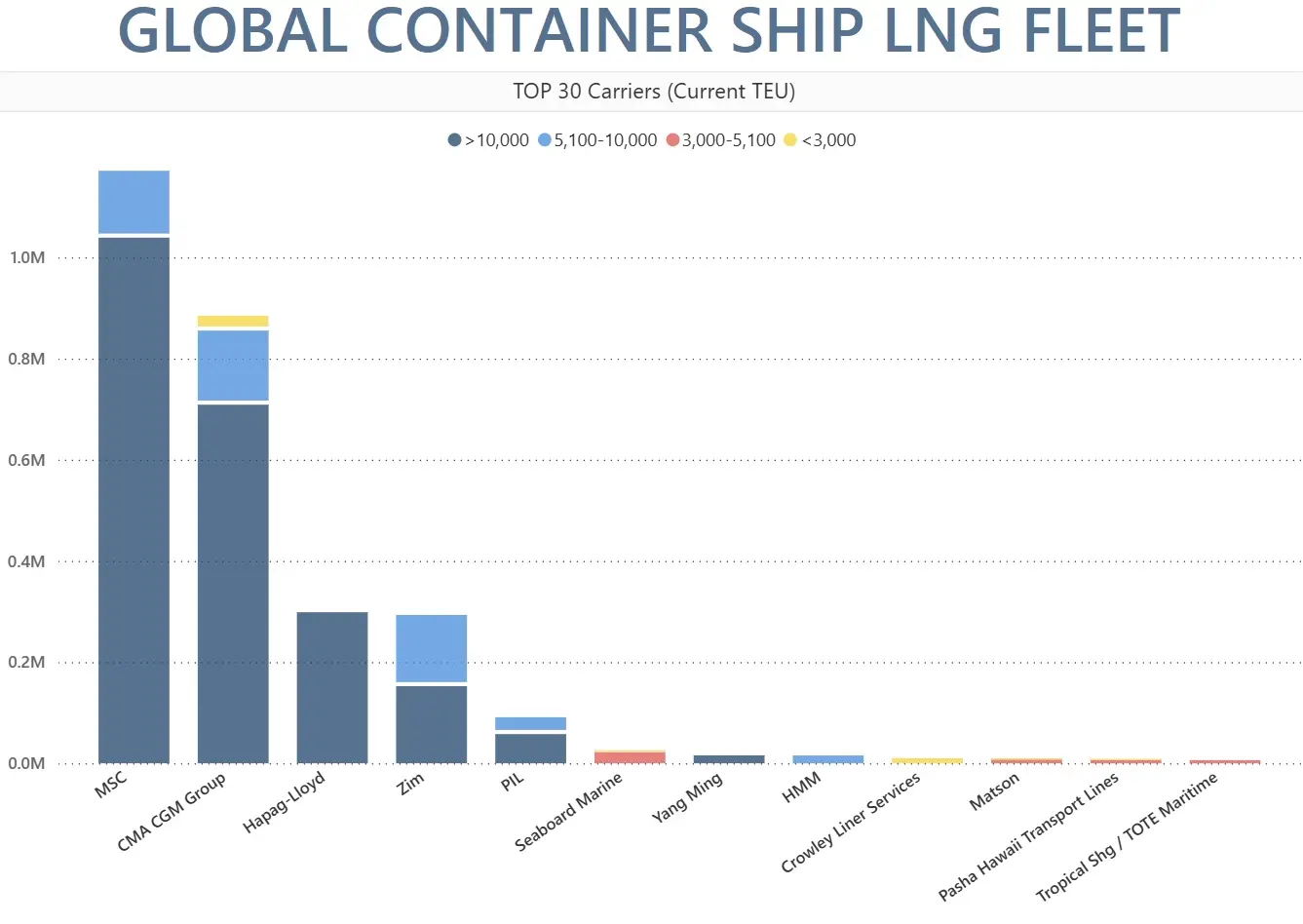
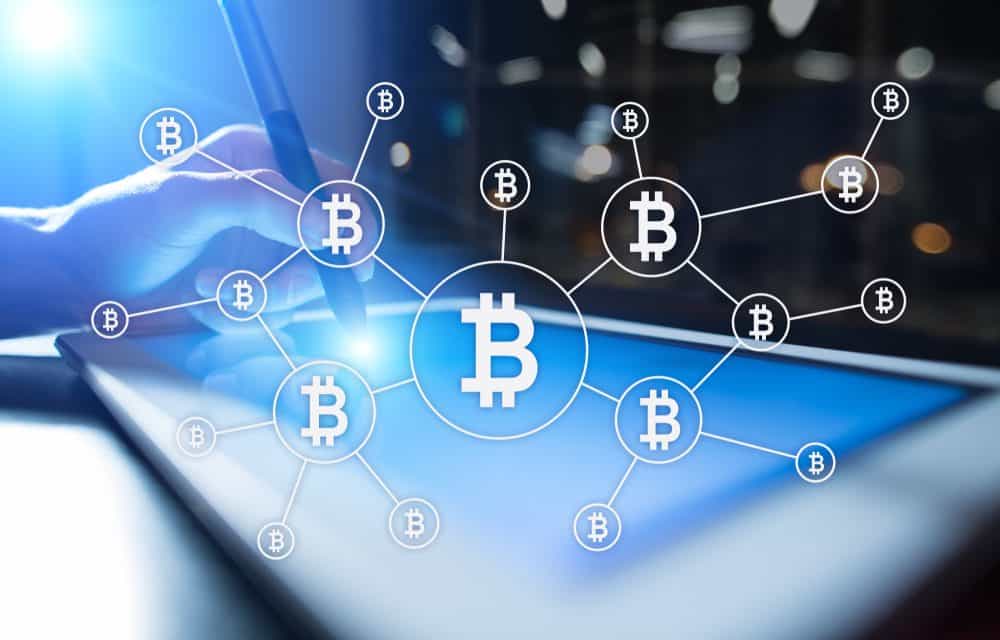
Bitcoin is a digital payment system, and a cryptocurrency, invented by an anonymous programmer, or a group of programmers, under the name Satoshi Nakamoto. It is a peer-to-peer transaction system which takes place without the help of third parties, where transactions are verified by independent nodes, known as miners, and recorded on a public global ledger known as Blockchain.
In Blockchain, every participant maintains a copy of the shared ledger. The ledger is secure because each new block of transactions is linked back to previous blocks in a way that makes tampering practically impossible. Each transaction on the blockchain is recorded in code showing who the parties are, transaction details, and time stamp with a unique cryptic signature.
This digital signature is key, and allows each block of information to be securely connected to the rest. It is this system of full transparency, and connectedness, that lends the blockchain its trust and credibility. The exciting thing is that the blockchain protocol can be used for non-currency purposes, too, and is now revolutionizing the business world – especially the supply chain.
First of all, it can replace most of the slow and manual processes. Supply chains have reached a point where they can handle very complex datasets, but most processes are slow, manual, and dependent on paper. By recording those values on blocks, the results of these processes can be seen at all ends at the same time, which makes most steps of the shipping process very fast.
Secondly, it will strengthen traceability, and can help identify fake products. Since all processes are recorded on blocks, and can be seen by all parties and almost impossible to delete, it is easy to trace processes, check timestamps, and see where products have been so far.
SEE FULL ARTICLE (MTS WEBSITE)

